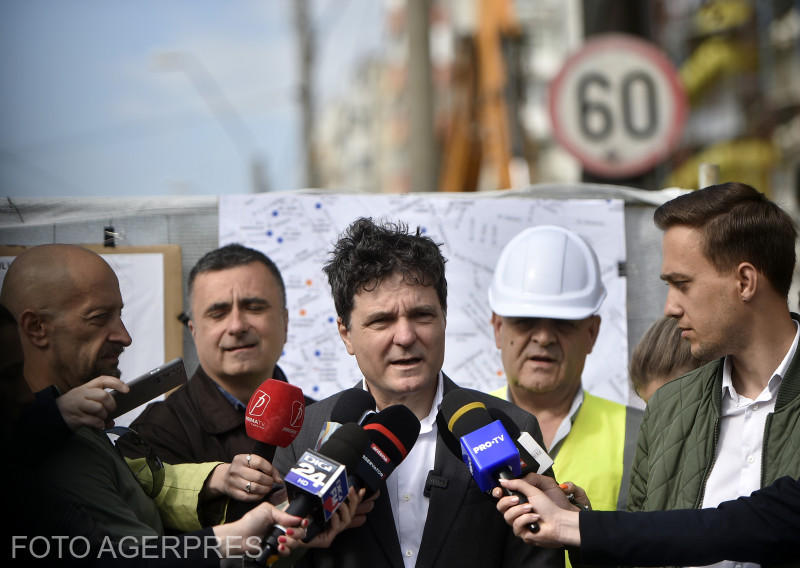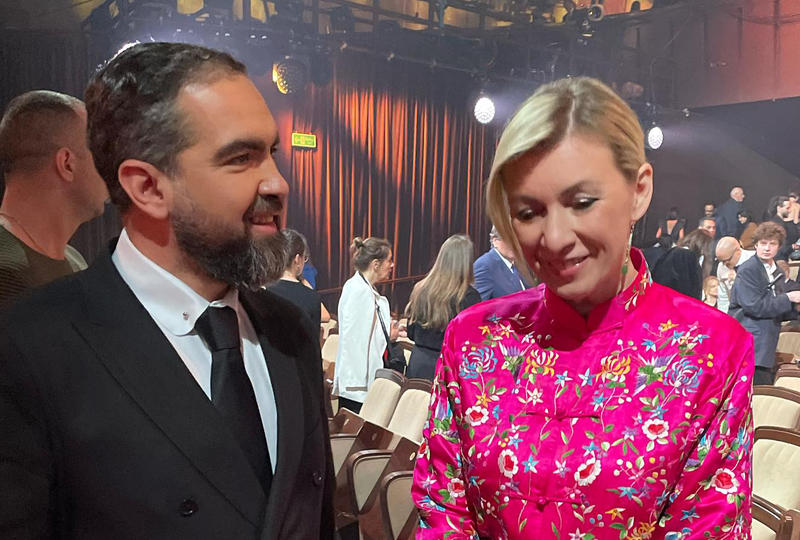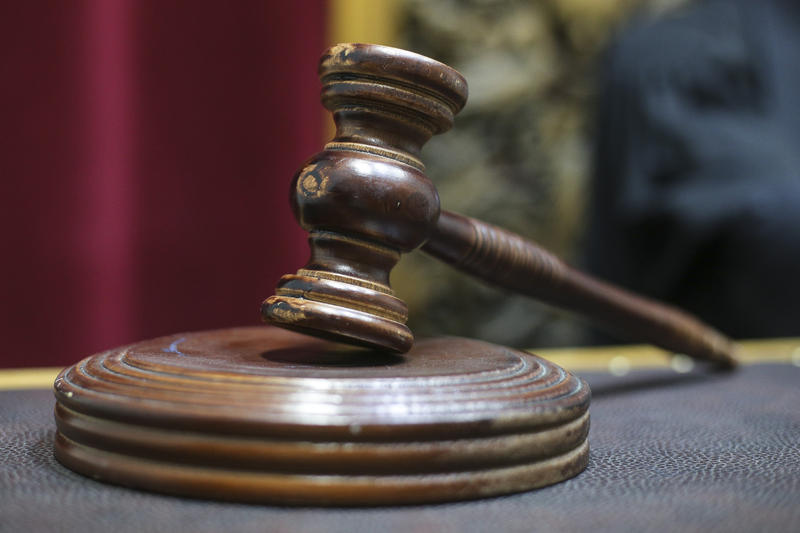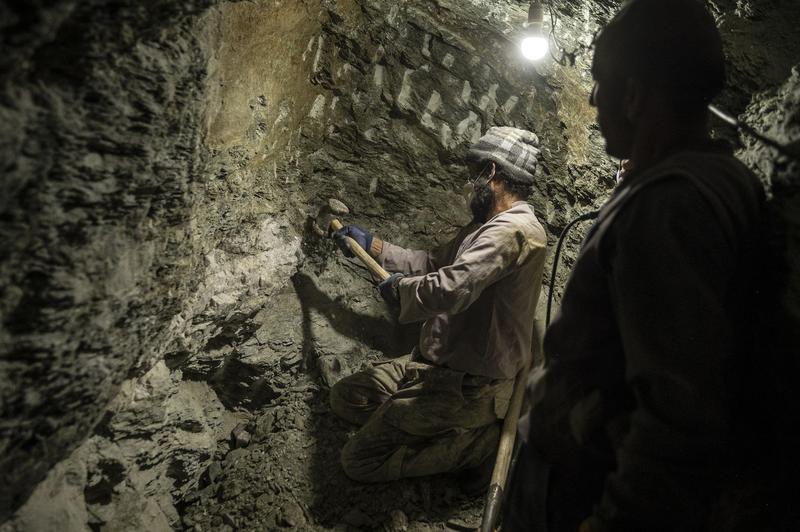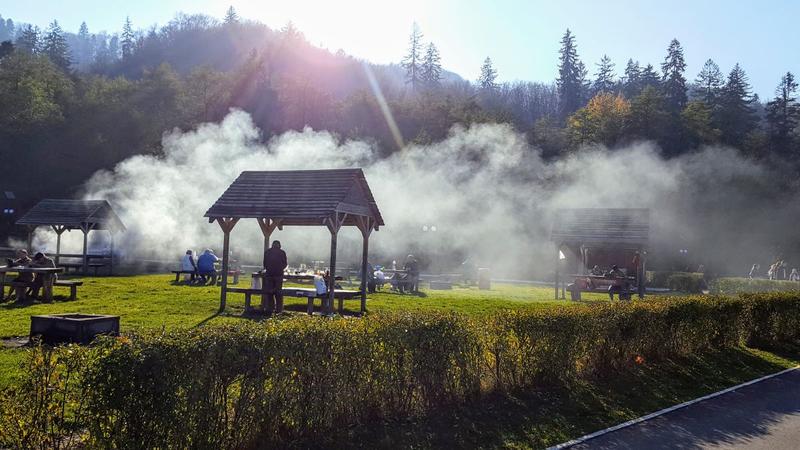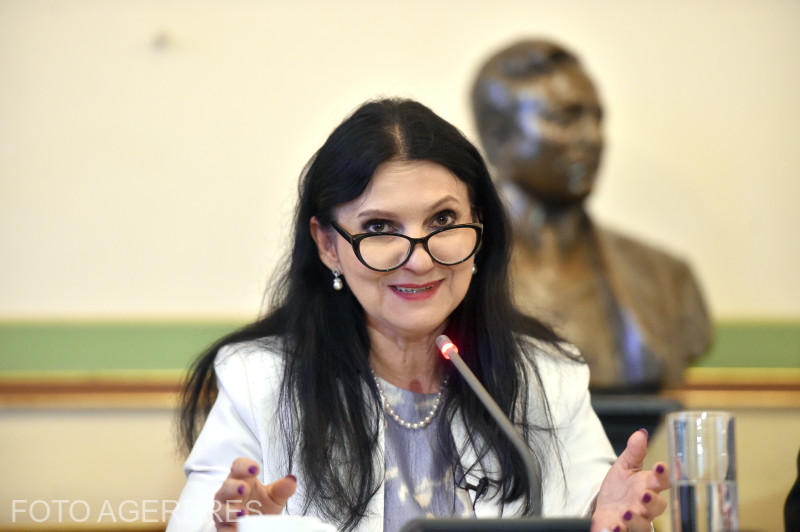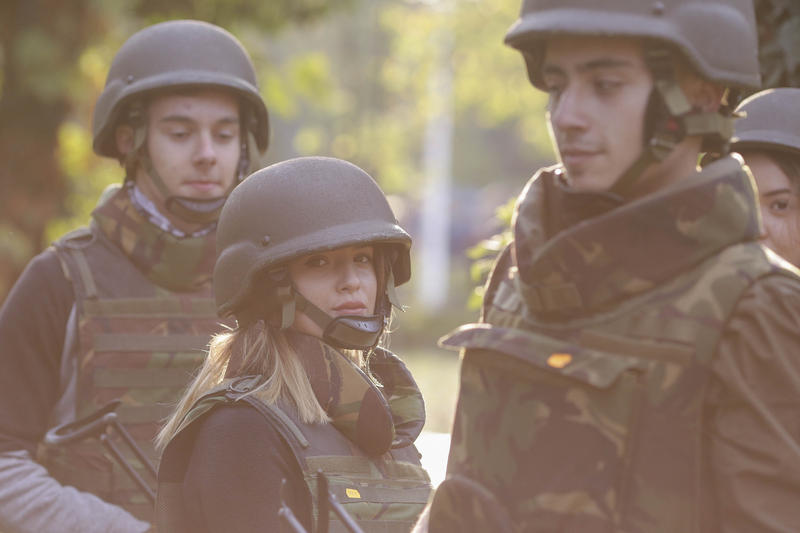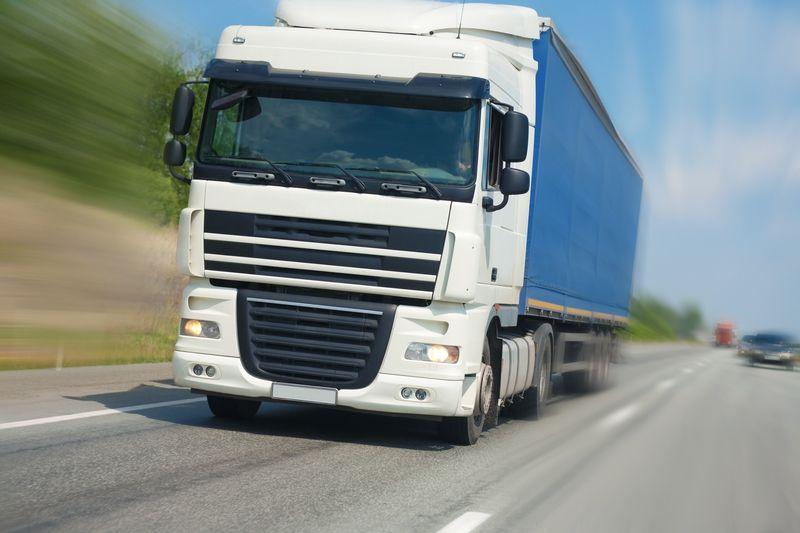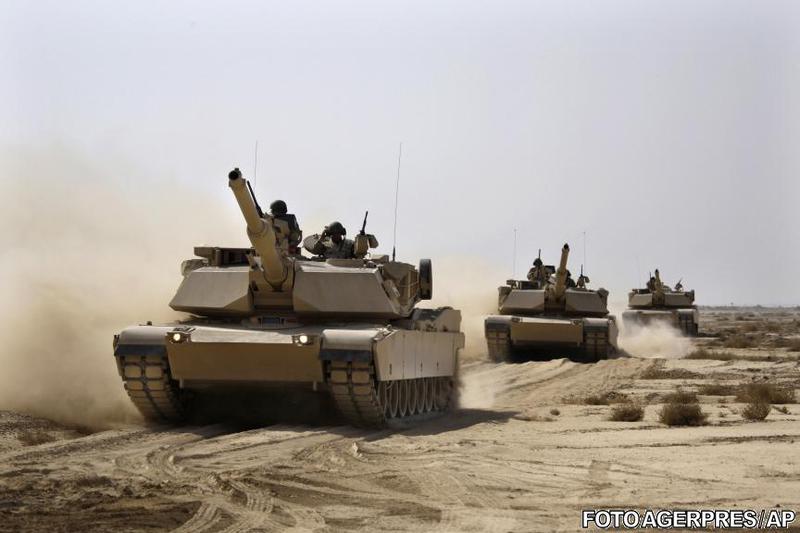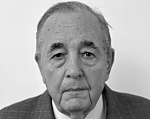Children in Romania aged 10 to 16 will be vaccinated against swine flu in March at the earliest, Cantacuzino Institute manager Radu Iordachel. Initially, children should have started to be vaccinates in the beginning of the year, but Iordachel claims hat the vaccination campaign was delayed because it was difficult to finds subjects for tests.
"In order for the vaccination in children to be possible, tests need to be carried out on at least 50 children for each age group. Our study was carried out on 36 children, but the tests for the 10 to 16 year-olds have been stopped as a consequence of the last days' discussions", Iordachel said quoted by Radio Romania.
Iordachel explained that the tests are carried out based on European directives and are paid. For the first testing period which lasts for 21 days, adults receive 150 euros and 200 euros for the next six months.
As for the underage, they can only be included in a clinical trial with their parents' consent and home less children or children in orphanages cannot be considered for tests. The first testing interval in children is remunerated with 200 euros and the second, with 150 euros.
"All these studies do not include the therapeutic aspect and the period of medical watch is one year. During this time, they receive medical insurance", Iordachel noted. According to him, there have been no side effects so far.
The first test of Cantigrip pandemic vaccine in children started in December and has been carried out by IFE Human Pharmacology, which has become Pierrel Research HP-RP in the meantime, according to the Cantacuzino Institute manager.
Geza Molnar, Health minister councillor, believes that after the Drug National Agency authorises Cantigrip vaccine for this age group, 30% of the pupils can be vaccinated.
The National Authority for the Family Protection has previously asked the Drug National Agency and Cantacuzino Institute to explain which the legal procedures of testing the antiviral vaccine on children are and how the underage are selected. The request comes after the press wrote that the jab tests have been carried out on children from poor families against sums amounting to 600 euros.
